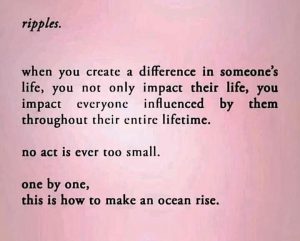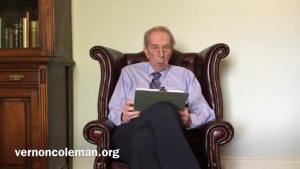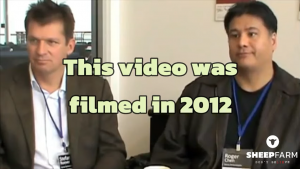
Ignoring the basics
Before even touching the more complicated aspects of being a prepper, you should make sure to have your fundamental prepping skills covered. Some of these basic skills include first aid and emergency medical care, water purification, food preservation and fire-making.
Going over your budget
Prepping is undoubtedly an investment, but that doesn’t mean you should have to spend beyond your means. It is possible to prep even while on a tight budget. However, you may have to change your spending habits and plan your expenses ahead of time. Remember to stick to your budget and buy only what you need – your wants can (and should) wait.
Focusing on supplies instead of skills
No matter how much survival gear you stockpile, you can’t use an abundance of supplies to compensate for a lack of skill. Prepping equipment can be destroyed, lost or stolen, but as long as you regularly practice your survival skills, they can never be taken away from you. Invest in skills more than supplies. This can also help you stay within your budget.
Ignoring your health
It is easy to take your health for granted, but when SHTF, physical fitness is crucial to your survival. Staying in peak physical condition means that you will have a much easier time lifting heavy objects, traversing difficult terrain and outrunning your enemies. Simply put, your chances of survival are greater if you’ve been living a physically active lifestyle rather than a sedentary one. (Related: Why physical fitness is crucial for survival (and why all preppers need to take good care of their bodies).)
Not properly rotating your food supply
A common problem with long-term food storage is that once you’ve bought it and placed it in the pantry, you tend to forget about it until an emergency happens. By the time one does occur, the food might have already gone bad. You can avoid this problem by making an inventory of all the food you buy and marking their expiration dates. If you stock up on raw ingredients, it is also useful to learn how to make meals from scratch. You can also supplement your food supply by learning how to fish, hunt and forage for food.
Overlooking your local SHTF situation
Not all survival situations will happen on a large scale. Sometimes, a crisis may only affect your local community, your family or even just you specifically. Just because a crisis doesn’t affect everyone else doesn’t mean you should underestimate it. Give it your proper attention and resolve it immediately.
Trying to convince everyone to be preppers
You think you might be doing everyone a favor by trying to convince them to prepare for some unseen future disaster, but it’s probably not worth your time and effort to “convert” these people. Unfortunately, not everyone is fit for the prepping lifestyle or willing to actively engage in it. You’re more likely to end up outing yourself as a prepper.
Preparing for only one kind of disaster
Even if your specific location is only prone to a single type of disaster, anything can still happen, so you should be able to change your plans accordingly. Think about all the possible scenarios that could happen and create contingency plans in case anything goes wrong.
Not putting in the hard work
No one simply becomes a prepper overnight. True prepping is a full-time commitment that requires a lot of planning and effort. If you want to reap the rewards, you need to first put in the hard work. This often entails setting up your bug-out location, tending to your edible garden, crafting DIY prepping equipment and practicing your prepping skills. It’s also easy to become complacent by thinking that you’ve already “prepared enough,” so sharpen those survival skills to avoid getting rusty.
Trying to do too much all at once
On the other side of the spectrum, you could fall into the trap of doing too much all at once. If you take on more tasks than you can handle, you’re more likely to end up starting too many prepping projects and finishing none of them. You could also end up rushing through your tasks, which could result in costly mistakes in the long run. Pace yourself and learn to organize your priorities. This will help you go through your tasks more efficiently.
Even if you’ve committed any of these prepping mistakes in the past, all that matters now is that you’ve learned from them and can properly avoid them in the future.
https://newstarget.com/2020-01-28-10-prepping-mistakes-to-avoid-before-shtf.html








